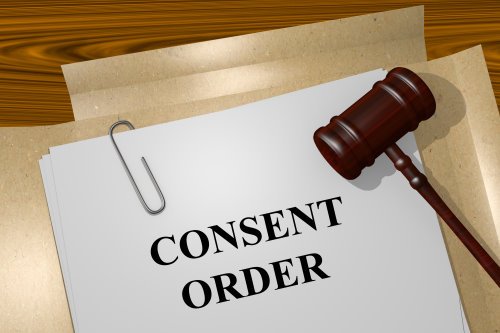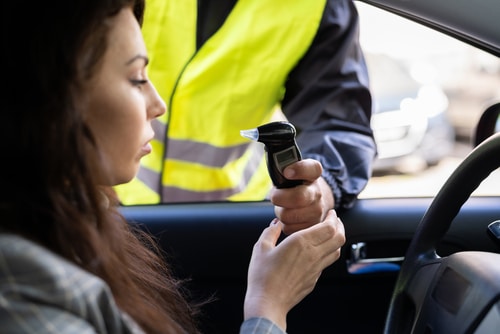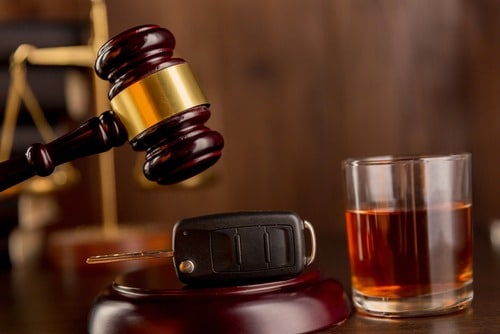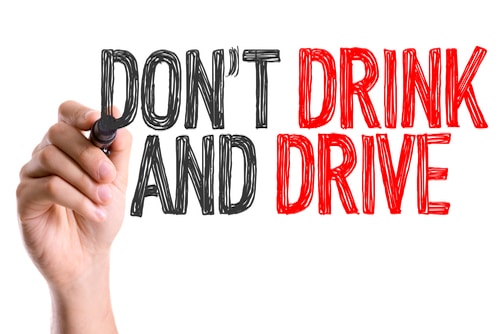
What is an Implied Consent Violation in South Carolina?
When you get pulled over on suspicion of driving under the influence (DUI) in South Carolina, you are required by law to take a breath test. This is based on Section 56-5-2950 of the South Carolina Code, also known as the state’s “implied consent” law.
What is South Carolina’s Implied Consent Law?
Lots of states have implied consent laws. Under these laws, by driving on the state’s public roads, you automatically consent to have your breath sample taken if you get pulled over for DUI. However, not only must you provide a breath sample, but, if you refuse to do so, you can lose your driver’s license immediately—regardless of whether you were driving under the influence.
South Carolina’s implied consent law states, in part:
“A person who drives a motor vehicle in this State is considered to have given consent to chemical tests of the person’s breath, blood, or urine to determine the presence of alcohol, drugs, or the combination of alcohol and drugs, if arrested for an offense arising out of acts alleged to have been committed while the person was driving a motor vehicle while under the influence of alcohol, drugs, or a combination of alcohol and drugs. . . . At the direction of the arresting officer, the person first must be offered a breath test to determine the person’s alcohol concentration.”
As you can see, South Carolina’s implied consent law technically requires you to submit to a “chemical test” performed by taking a breath, blood, or urine sample. However, your arresting officer must offer a breath test first. As a practical matter, blood and urine tests are rare—the police cannot force you to provide a sample; if you refuse, you will be charged with an implied consent violation.
What are the Consequences of Violating South Carolina’s Implied Consent Law?
Violating South Carolina’s implied consent law has two primary consequences. First, your driver’s license will be suspended for at least six months unless you enroll in South Carolina’s Ignition Interlock Device Program. You will also have to enroll in an Alcohol and Drug Safety Action Program. This “administrative” driver’s license suspension happens automatically, and, to avoid it, you must either request a hearing before the Office of Motor Vehicle Hearings at the South Carolina DMV or apply for a “temporary alcohol license” within 30 days.
Second, your refusal to submit to a breath test “may be used against [you] in court.” This means that during your DUI case, the prosecutor’s office can point out that you refused the breath test as evidence that you knew you were driving under the influence. While you can dispute that this was the case, the presumption that you knew you were driving drunk can be difficult to overcome in many cases.
What are Possible Defenses to Violations of South Carolina’s Implied Consent Law?
While South Carolina’s implied consent law is strict, several possible defenses to alleged implied consent violations exist. Many of these defenses arise from the legal requirements for lawfully administering a chemical test during or after a DUI traffic stop. For example, some of the main requirements include:
- “A breath test must be administered at the direction of a law enforcement officer who has arrested a person for driving a motor vehicle in this State while under the influence of alcohol, drugs, or a combination of alcohol and drugs.”
- “A breath sample taken for testing must be collected within two hours of the arrest. Any additional tests to collect other samples must be collected within three hours of the arrest.”
- “The breath test must be administered by a person trained and certified by the South Carolina Criminal Justice Academy, pursuant to SLED policies.”
- “Before the breath test is administered, an eight one-hundredths of one percent simulator test must be performed, and the result must reflect a reading between 0.076 percent and 0.084 percent.”
- “No tests may be administered or samples obtained unless, upon activation of the video recording equipment and prior to the commencement of the testing procedure, the person has been given a written copy of and verbally informed [of the law].”
This last requirement, in particular, will provide a defense to an alleged implied consent violation in many cases. In order for South Carolina’s implied consent law to apply, the arresting officer must inform you of various legal provisions prior to administering the breath test—and he or she must do so on camera. If there is no video evidence that you were provided with all required information, this could provide a strong defense to your South Carolina implied consent charge:
- You do not have to give a breath sample, but you will be charged with an implied consent violation if you do.
- If you refuse the breath test, your driver’s license will be suspended for six months (or you will have to enroll in South Carolina’s Ignition Interlock Device Program).
- You have the right to have your blood alcohol concentration (BAC) independently tested at your own expense.
- You have the right to request a hearing within 30 days of receiving a “notice of suspension” of your driver’s license.
- If you do not request a hearing or your administrative driver’s license suspension is upheld, you will be required to enroll in an Alcohol and Drug Safety Action Program.
What Should I Do if I Have Been Charged with an Implied Consent Violation in South Carolina?
What should you do if you have been charged with an implied consent violation in South Carolina? The most important thing you can do is to speak with a local DUI defense lawyer promptly. You will need to request a hearing in order to try to protect your driver’s license (if it is not already too late), and you will need to begin working on your DUI defense strategy as well.
Discuss Your South Carolina DUI Case in Confidence
Are you facing implied consent and DUI charges in South Carolina? If so, we encourage you to contact us about your case right away. To speak with one of our Rock Hill, SC DUI defense lawyers confidently, call 803-328-8822 or get in touch online now.





